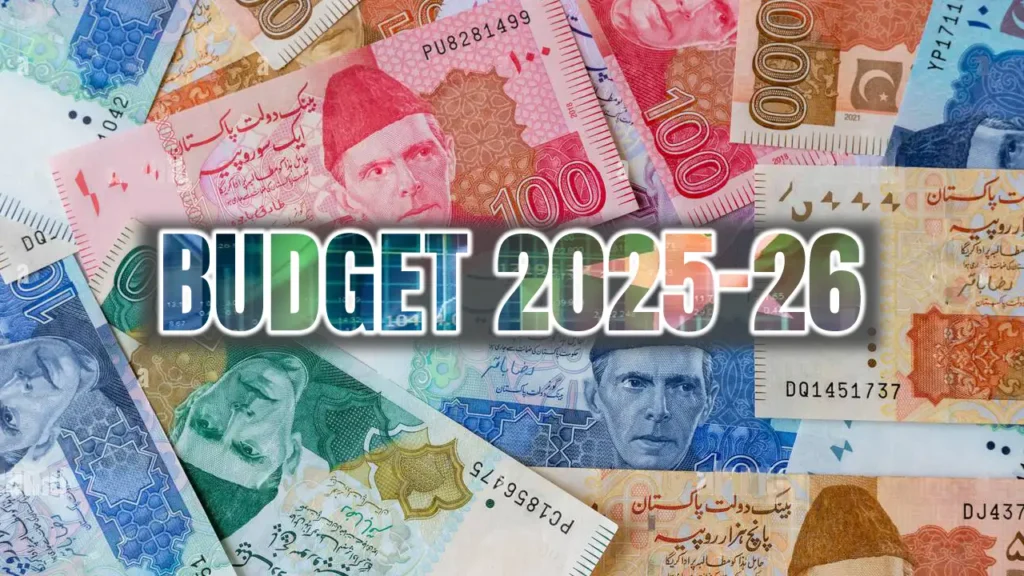- Web
- Feb 05, 2026
Budget 2025-26: Luxury tax, agri levies under review to meet IMF targets
-

- Web Desk
- May 29, 2025

ISLAMABAD: Pakistan is preparing to unveil a highly austere federal budget in June, as authorities race to secure a fresh bailout agreement with the International Monetary Fund (IMF), a move that could saddle businesses and households with steeper taxes and rising prices, according to people involved in the process.
Government insiders say Islamabad is finalising a package of tough fiscal measures aimed at widening the tax net and reducing the deficit, both central demands of the IMF during ongoing virtual talks. The proposed steps are expected to hit high-end consumer goods, agriculture, and even the clean energy sector.
Officials familiar with the negotiations say sales tax rates on luxury imports could be pushed above 25 per cent, while previously untaxed or exempted items, including solar panels, may be brought into the fold.
Technology-driven enforcement is also being ramped up, with authorities planning to significantly raise fines on retailers who fail to comply with the point-of-sale (POS) system requirements. In some cases, non-compliance may trigger criminal proceedings.
“The fiscal space is shrinking, and the IMF wants clear, verifiable steps. There’s little room left for leniency,” said a senior government official directly involved in budget planning.
In a bid to plug tax leakages, the Federal Board of Revenue is reportedly preparing to boost its enforcement muscle. Penalties for dodging the POS system could increase tenfold, from Rs0.5 million to Rs5 million, and enforcement officers may be given expanded powers under the revamped regime.
The burden is also expected to fall on farmers, with GST proposed on fertilisers, pesticides, and farm machinery. Excise duties on agri-inputs could also see an uptick, adding to cost pressures for a sector already hit hard by climate change and high fuel prices.
“These taxes will filter down to food prices and weaken productivity,” said a Lahore-based agricultural economist. “It’s going to be a tough season for growers.”
Meanwhile, the clean energy industry is sounding the alarm over potential tax withdrawals on solar products, warning that the move could slow Pakistan’s push towards renewables. “If taxes return on solar panels, adoption rates will fall and investors will likely step back,” an energy sector executive said.
While the full budget is yet to be finalised, sources suggest the overall direction is clear: belt-tightening across the board, driven by the urgency to meet IMF benchmarks and stabilise the economy.
“The short-term pain is unavoidable,” said one official. “But without IMF support, the long-term risks are far greater.”
Read next: Fuel-efficient Toyota Pixis Epoch now widely available in Pakistan




